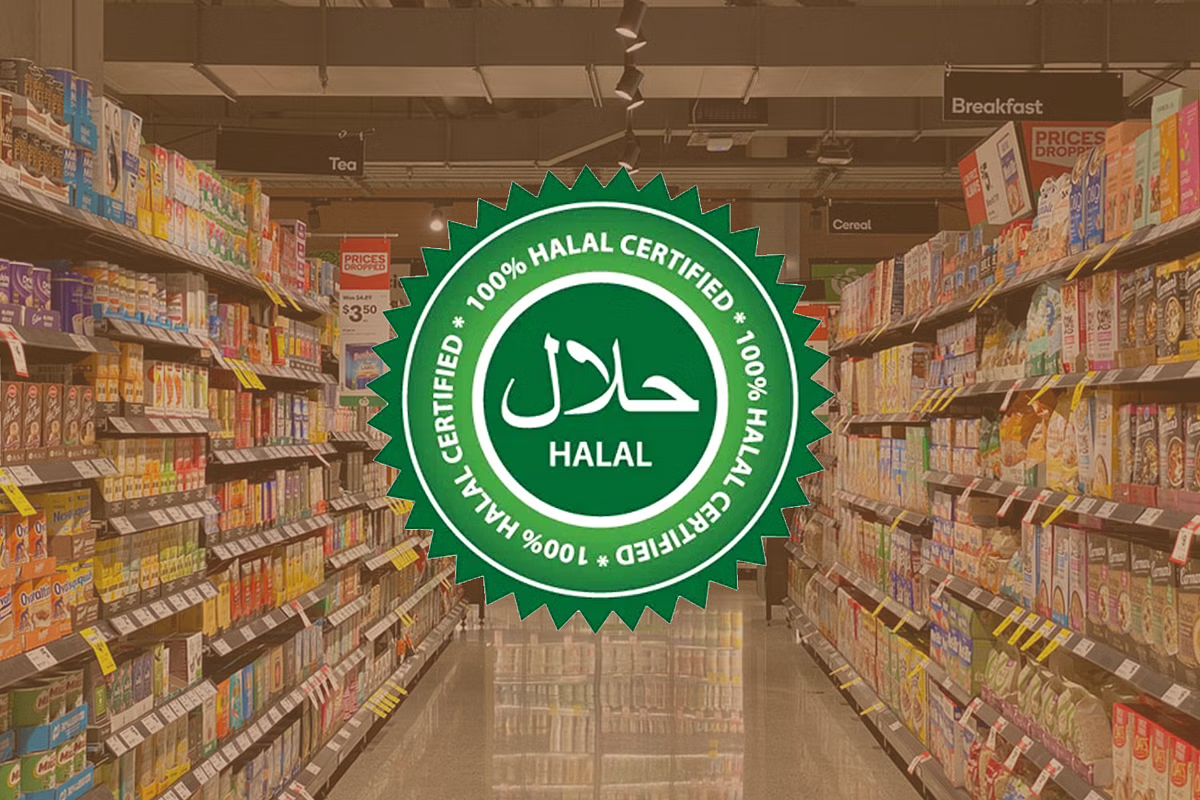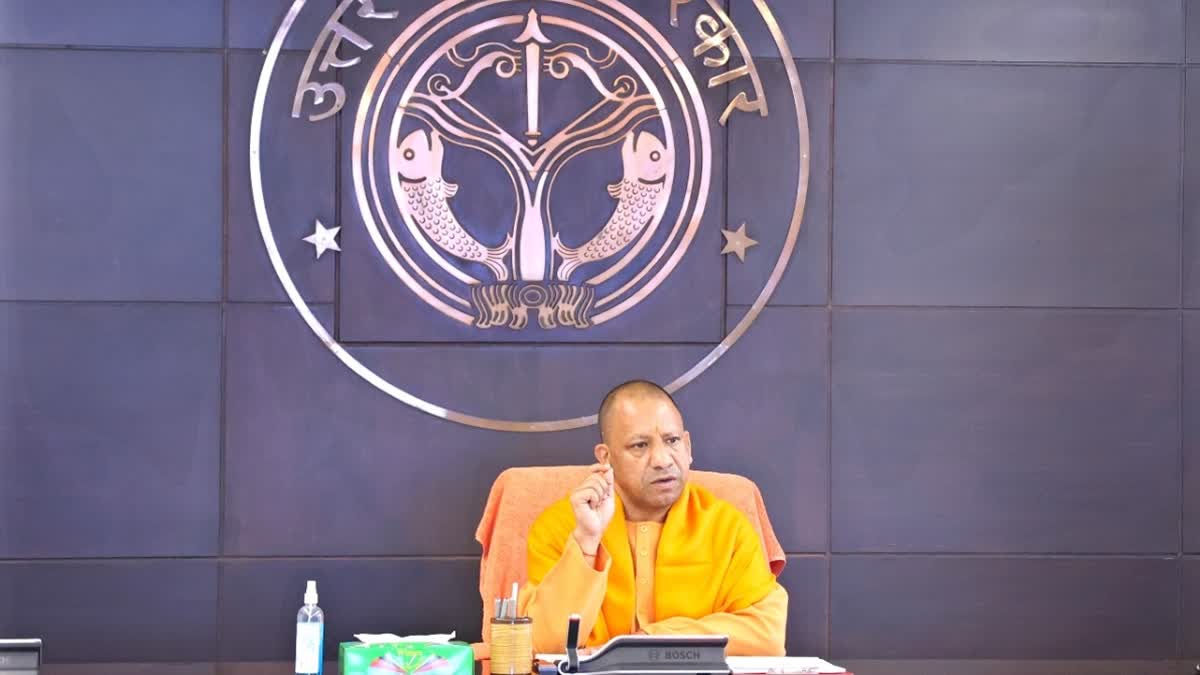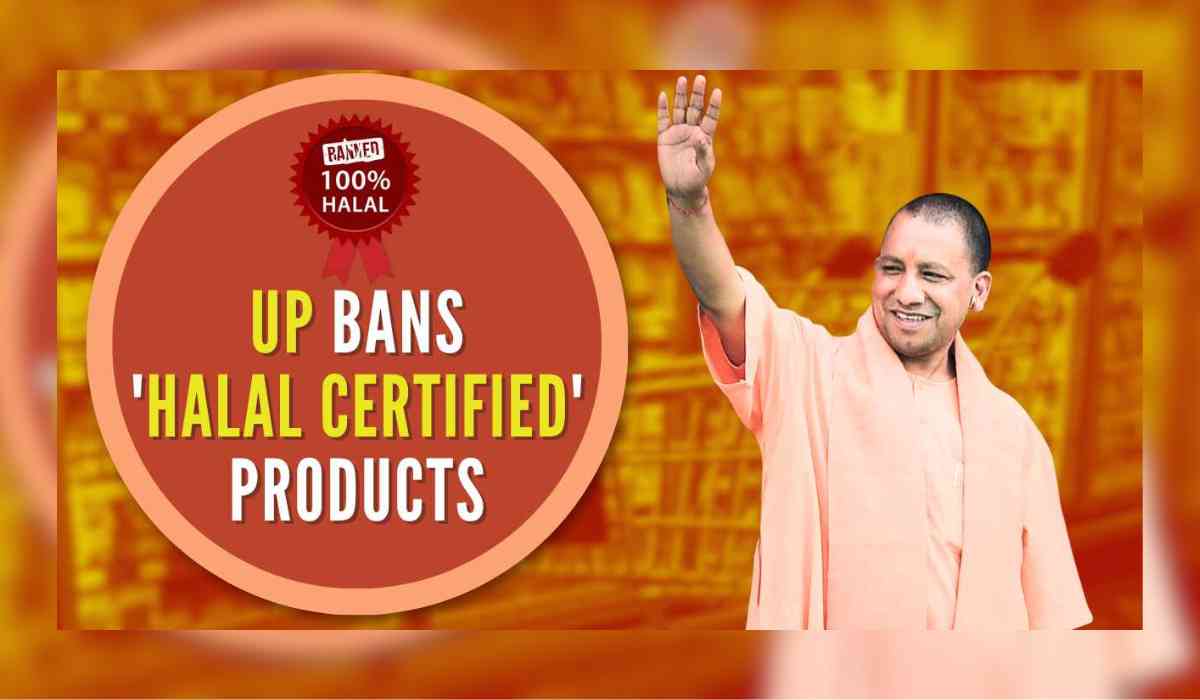Halal certification, rooted in Islamic law, denotes products permissible for Muslims. However, recent actions by the Uttar Pradesh (UP) government have stirred controversy by banning halal-certified goods across various categories.

The History and Scope of Halal Certification
The concept of halal certification emerged in 1974, initially applying to slaughtered meat. This certification ensured adherence to Islamic procedures during the procurement of meat products. It mandated specific slaughter methods, excluding certain parts of the animal, distinct from the 'jhatka' method.
Over time, the certification expanded beyond meat, encompassing various products like cosmetics, ensuring their compliance with Islamic dietary laws. This global extension of halal certification is aimed at facilitating trade with Muslim-majority nations. It assures consumers that the products contain no forbidden elements, such as alcohol or pig-derived ingredients.
Certification Authorities and Government Oversight
In India, private organizations, accredited by importing countries, issue halal certificates due to the absence of government regulations. However, the commerce ministry proposed guidelines designating a monitoring agency for halal certification, emphasizing adherence to specific certification standards accredited by national bodies.
Key certifying bodies in India include Halal India Pvt Ltd and Jamiat Ulama-i-Hind Halal Trust. Internationally, the International Halal Accreditation Forum oversees halal standards in various economies.

The UP Ban on Halal-Certified Products
The UP government's ban excludes exported goods and targets non-meat items like oil, soap, toothpaste, and honey that receive halal certification, despite no such requirement. The government perceives this certification as potentially divisive, targeting specific communities and creating confusion among consumers. Citing concerns about public health and regulatory inconsistencies, the government has justified this action.
Government Assertions and Responses The UP government's decision stemmed from information suggesting the labelling of diverse products—ranging from dairy items to edible oils—with halal certification, contradicting existing regulations. They argue that no provisions exist for such labelling in laws governing drugs, medical devices, or cosmetics, deeming it falsification and a punishable offence.
The controversy surrounding the ban on halal-certified products underscores the need for clarity in certification practices, regulatory oversight, and addressing potential societal divisions arising from the interpretation and application of religious certifications in the commercial sphere.
© Copyright 2023. All Rights Reserved Powered by Vygr Media.






















